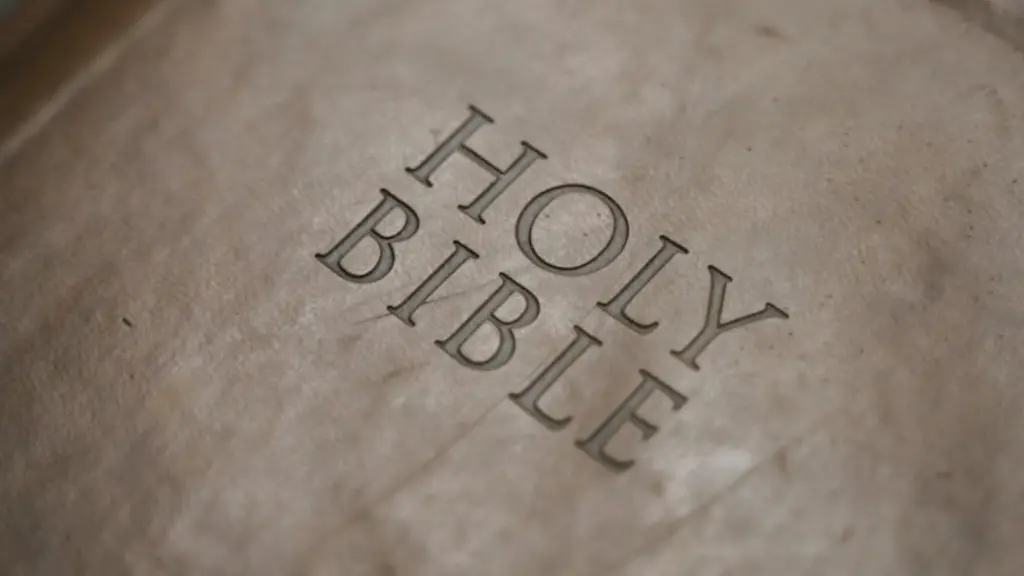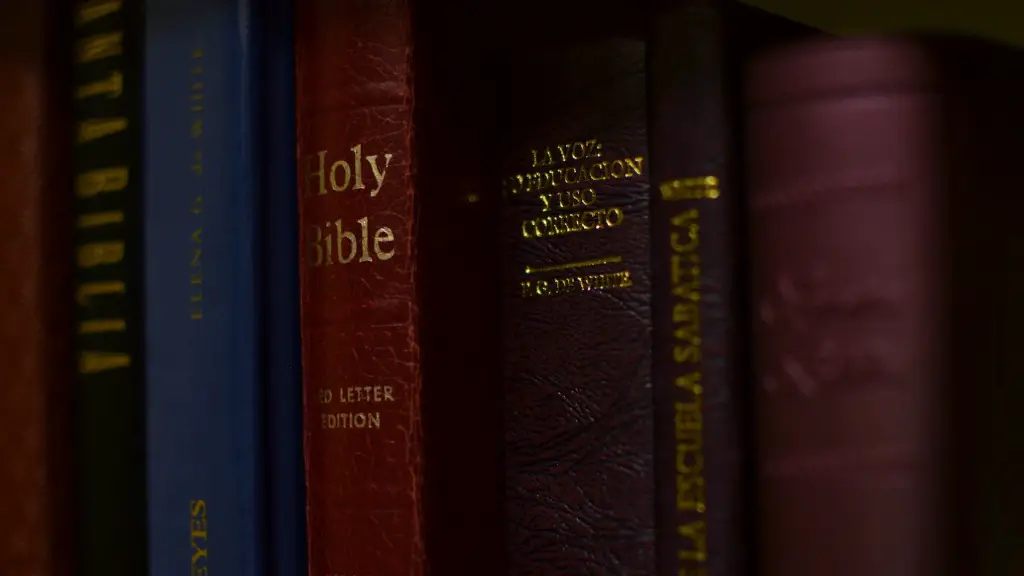Mythological Inspiration
The first place many look for clues about the existence of unicorns is in mythology. The most prominent theories state that unicorns first emerged from the lore of the ancient Greeks. In the writings of the naturalist Pliny the Elder, the Greek writer Ctesias, and the Roman author Julius Solinus, they all wrote of a creature resembling a horse or ass with a long, radiant horn in the middle of its forehead. While the origin of their legends is unknown, it is thought that their descriptions may have been inspired by sightings of rhinoceroses, narwhals, or aurochs, a species of wild bulls.
Similarly, in the Middle Ages, the various European cultures developed different stories of the unicorn that were influenced by religious texts. According to some interpretations, the unicorn was seen as a symbol of strength, virility, and the power of the Christian faith. Others believe that it was associated with the Virgin Mary and represented holiness and purity. Many of these interpretations have been passed down through stories, art, and literature, and some can still be seen in modern-day popular culture.
Scriptural Evidence
The Bible does not mention unicorns directly, however the Book of Job mentions the word “re’em” which is translated as “unicorn”. The root of this word is often translated as “a wild ox”, so some have argued that this is evidence of the existence of a creature called a wild ox with a single horn. This would fit with the description of unicorns found in ancient Greek legends.
Furthermore, some have argued that the description of a “behemoth” in Job 40 is the same creature as the unicorn. This description mentions a creature with a single horn and a strong body. These similarities are enough for some to conclude that unicorns are mentioned in the Bible, though this argument is not universally accepted.
Modern Interpretation
In the modern day, there is much debate over the existence of unicorns and what they represent. For some, they are nothing but a fantasy creature and cannot be taken seriously. For others, they are evidence of the power of the imagination and can be a source of inspiration and hope.
Interestingly, some modern scholars have argued that the unicorn should be seen not just as a mythical creature, but as a symbol of hope and progress. The idea behind this is that the unicorn is an idealized creature, embodying the qualities of strength and purity that many strive for. They view it as a sign of the potential to be found in nature, and a reminder that all beings have the capacity to do good and strive for greatness.
Contemporary Representations
Unicorns have become a popular subject in contemporary culture. They have been featured in film, television, and video games, often taking on a humorous or fantastical tone. They have become a symbol of innocence and magic, and many people invest in unicorn-inspired clothing and merchandising.
Recently, there has been a surge in the popularity of mythical creature-themed cafes and restaurants, often featuring unicorn-based food and beverages. While this has been viewed by some as a gimmicky and over-commercialized trend, it has also been seen as a way to bring people together and create an atmosphere of fun and fantasy.
Spiritual Significance
For many, the unicorn has a deeper spiritual significance. For example, in some Pagan traditions, the unicorn is seen as a symbol of spiritual awakening and enlightenment. They see the unicorn as a representation of protecting one’s inner self and connecting with the energies of the universe.
In Christianity, the unicorn is sometimes seen as a symbol of Jesus Christ as the “Lamb of God”, combining innocence and power. Some have also argued that it could represent a more general search for truth and purity that many strive for in life.
Conclusion
Ultimately, the existence of unicorns remains a mystery. While there is no definitive answer, it is certain that the unicorn has been an enduring figure in mythology, literature, and popular culture for centuries. Whether it is seen as a symbol of strength, purity, innocence, or something else altogether, it has come to represent something more than just a mythical creature. It is a source of hope, inspiration, and progress that many people can draw strength from.

